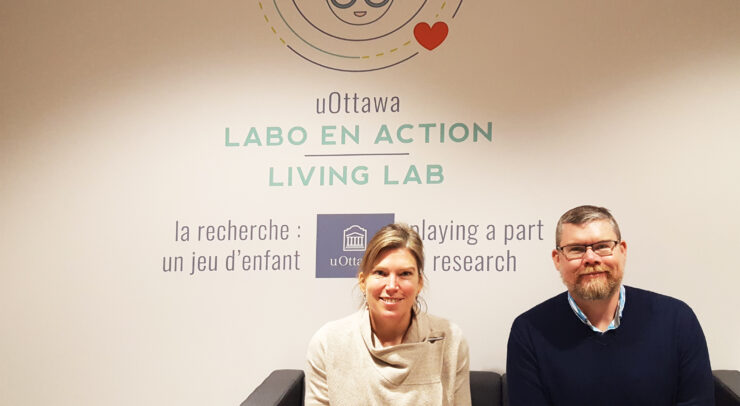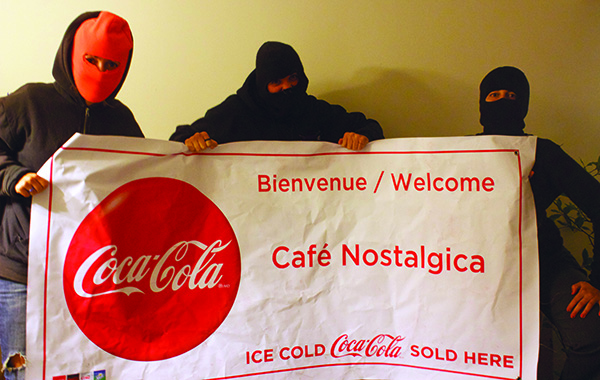U of O fourth in science and engineering
Jesse Mellot | Fulcrum Staff
Photo Illustration by Mico Mazza
In a recent report by the Higher Education Strategy Associates (HESA), the University of Ottawa ranked fourth in research in the science and engineering faculties, and 20th in social sciences and humanities.
The report, entitled “Measuring Academic Research in Canada: Field-Normalized Academic Rankings 2012” accounts for the discrepancy between the two fields by pointing out that publications in the sciences and engineering—even at a francophone school—are done primarily in English. A key indicator of how successful an institution is at research is based on citations, not just on how many articles an institution publishes, but how often other scholars cite a given work from that institution. In the humanities and social sciences, where publications are written in both official languages, those in French are cited less often.
“It can be quite difficult to have access to research that is done in your language of choice or language of study,” said Taiva Tegler, external commissioner of the Graduate Students’ Association of the University of Ottawa. “A lot of the material that is being used will be in English, and unfortunately that is a reality and a barrier to our francophone students. It can be a restricted choice, and a strategic choice, to further advance your academic career.”
Meanwhile, Dean Claude Laguë of the U of O’s faculty of engineering said he was very pleased with the U of O’s fourth-place ranking in science and engineering.
“The vast majority of engineering and computer science professors will publish in English, regardless of their first language,” said Laguë. “That is not just true in Canada, it’s true all over the world. If you want your work to have an impact [and] to be accessible not just in Canada but around the world, publishing in English is pretty much a necessity.”
In a statement to the Fulcrum, U of O President Allan Rock said he was proud of how the university stacked up against other large universities.
“The University of Ottawa is quickly becoming a science and engineering powerhouse,” said Rock. “It’s great to see another report recognizing the calibre and hard work of our [U of O] researchers … This is good news for the university, and great news for Ottawa.”
President Rock ended the statement by saying, “This month, I will be breaking ground on the [U of O] Advanced Research Complex (ARC), a world-class research facility for our world-class photonics and geo-science teams. Fitted with state-of-the-art technologies such as mechanically isolated laser labs and Canada’s largest accelerated mass spectrometer, the ARC will ensure we remain a science and engineering powerhouse for years to come.”





